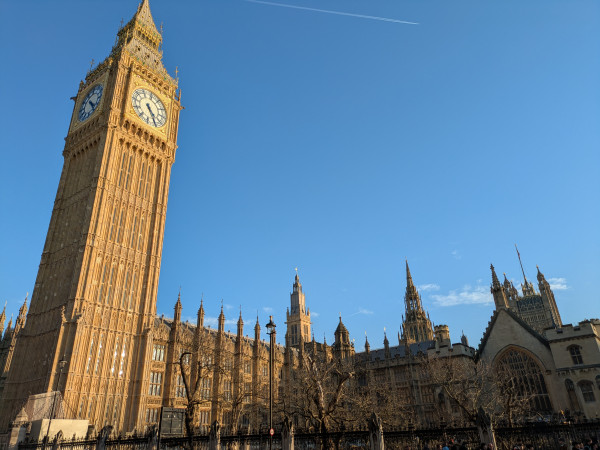
We have produced this briefing for parliamentarians, to inform debates on the Justice Committee report on Imprisonment for Public Protection (IPP) sentence.
The House of Lords is today holding a short debate on the Justice Committee report.
Top lines
- Nearly a decade after Parliament abolished the IPP sentence on the grounds of injustice, it is simply unacceptable that there remain almost 3,000 IPP prisoners in England and Wales.
- The Justice Committee’s recent recommendation of a resentencing exercise for all IPP prisoners must be accepted by ministers, with enabling legislation introduced as a matter of urgency.
- Successive Justice Secretaries, including Liz Truss, have admitted that IPP sentences are unjust but have just kicked the can down the road. Now, the Committee’s report shows the way to removing this shameful stain on our criminal justice system.
Background
The Imprisonment for Public Protection sentence (IPP) sentence was introduced under the Criminal Justice Act 2003 and allowed for people convicted of specified serious offences to be imprisoned for an indeterminate length of time, where the court considered that the offender posed a significant risk of serious harm in the future. Following criticism of the sentence, the Act was amended to allow for greater judicial discretion over imposition of IPP sentences. The Legal Aid, Sentencing and Punishment of Offenders Act 2012 abolished the IPP, in effect replacing it with new provisions for life sentences to be imposed on convictions for a second serious offence and a new provision for extended sentences.
The sentence was not, however, abolished retrospectively – meaning that existing IPP prisoners continue to pay the price of poorly thought-through legislation with their liberty. In written evidence quoted by the Justice Select Committee in its recent report on IPP sentences, the Centre for Crime and Justice Studies (CCJS) asked: “Had capital punishment been abolished in the same fashion, would the previously sentenced have been hanged nonetheless?”
A total of 8,711 IPP sentences were imposed by the criminal courts between 2005 and 2013, with the number of prisoners serving IPP sentences reaching a peak of over 6,000 when it was abolished in 2012. As of 30 June 2022, nearly a decade after the sentence’s abolition, there were 2,926 IPP prisoners in England and Wales – 1,492 who have never been released and a further 1,434 who have been released but later recalled to custody. Of the never-released population of 1,492, nearly half – 608 prisoners – are at least 10 years over their original tariff.
A report by the CCJS – Imprisonment for Public Protection: Psychic Pain Redoubled – published on 12 October, assembles evidence from several sources, including official reports, academic studies, and testimony and submissions to the Justice Committee Inquiry. It identifies, at each stage of the sentence, an enduring pattern of discouragement and distress, culminating in despair, self-harm and suicide for a significant number. Even release is accompanied by gnawing anxiety and concern about possible recall to prison for non-compliance. One prisoner quoted by the report said:
So long as I’m under IPP I have no life, no freedom, no future. I fear IPP will force me to commit suicide. I have lost all trust and hope in this justice system.
The primary recommendation of the Justice Committee’s report on IPP sentences, published on 28 September 2022, is that the Government bring forward “legislation to enable a resentencing exercise in relation to all IPP sentenced individuals (except for those who have successfully had their licence terminated). This is the only way to address the unique injustice caused by the IPP sentence and its subsequent administration, and to restore proportionality to the original sentences that were given.”
The report makes a number of other important recommendations, including on improved mental health support to IPP prisoners, an expansion of in-prison courses, greater resourcing of the Probation Service and Parole Board and improved post-release support.